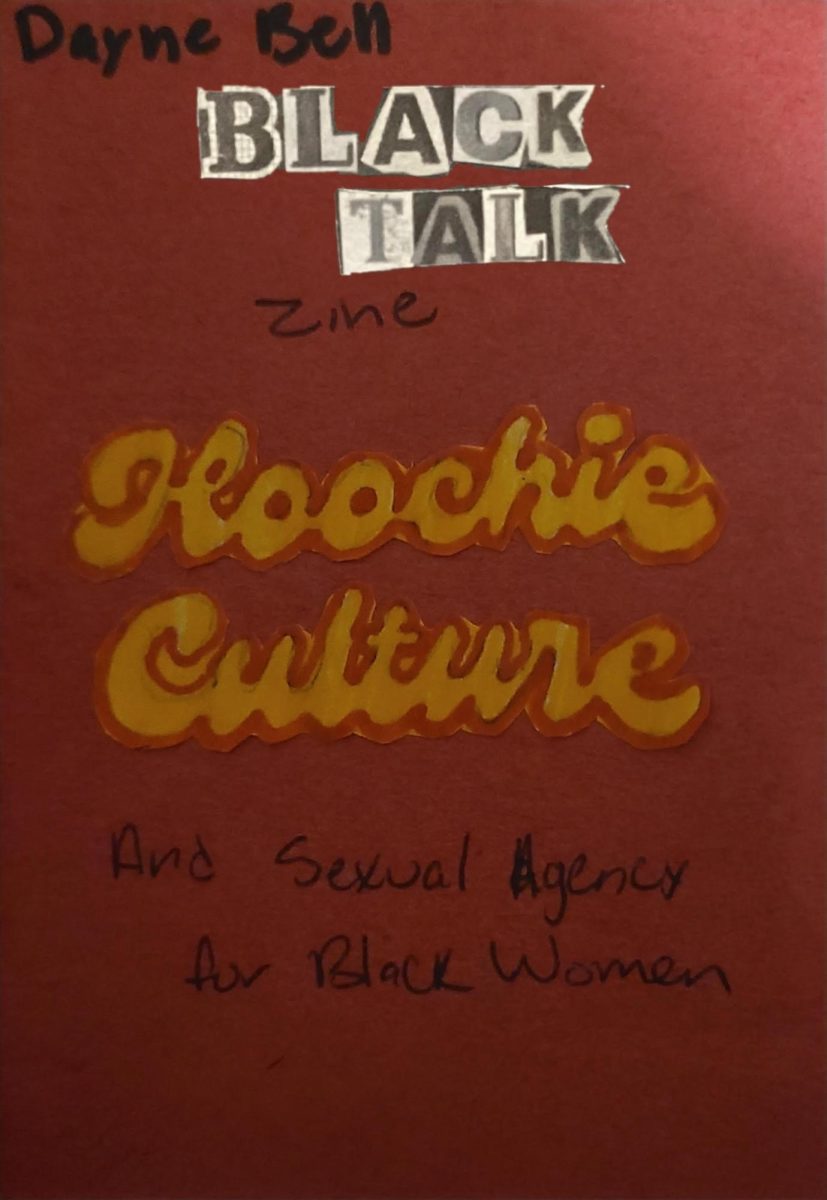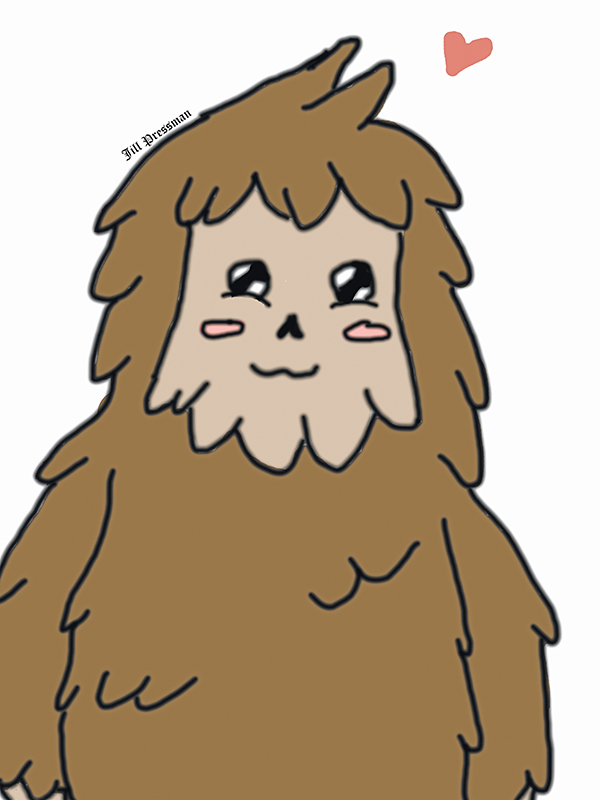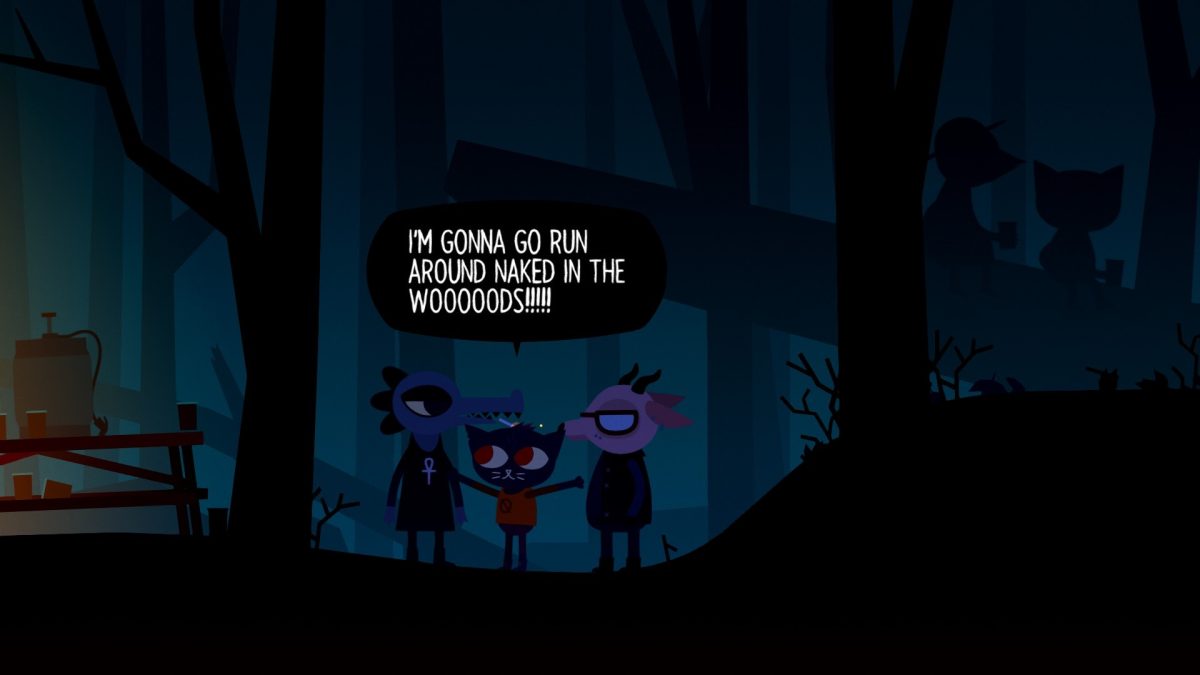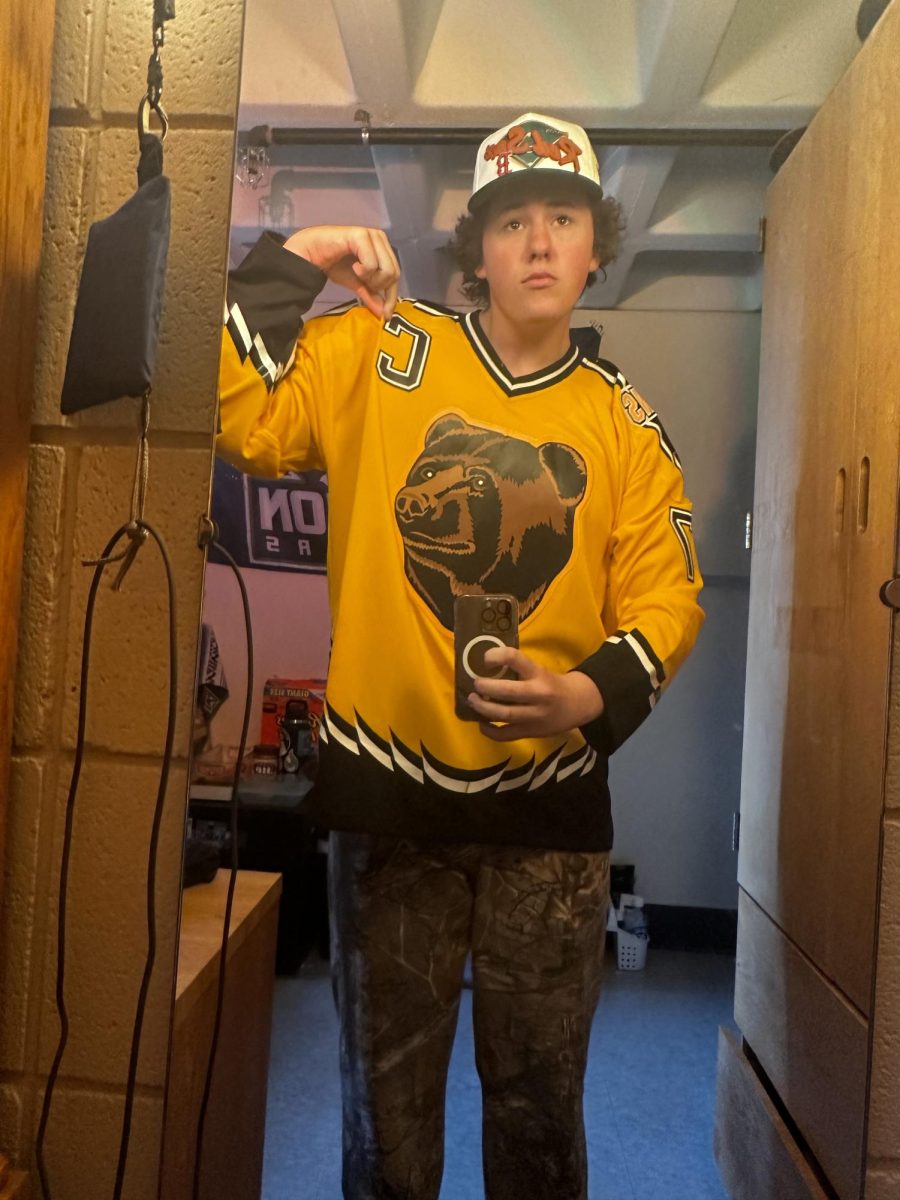The molecules of Major League baseball were in Johnny Damon’s hair.
You ever see Johnny Damon’s hair? He was the MLB’s Rapunzel. Flowing locks like raven feathers. They ran out of his Boston cap like a masculine waterfall. He was the bridge between Billy Ray Cyrus and the Geico cavemen.
God built his jaw to take punches and not notice. You might not have even noticed his face, on account of the impeccably trimmed beard/stubble garden he tended there.
But there was no missing the batter’s muscles stretched across his forearms like a bat’s wings, or the stony chest that made the Red Sox logo look like God brought it down with the Ten Commandments – ‘twere the Ten Commandments plus two extra slabs, and God said unto the Land, “Give these to Number 18,” and lo, that Johnny Damon did put the slabs to his chest and say, “And I shalt make them mine pecs…”
He was a primal-looking guy, and I was a primal observer. Never understood sports, ever. They just didn’t connect (unlike Mr. Damon’s hits, hoh hoh!) – so I was watching baseball without historical knowledge of the game, or any knowledge of the game. I knew a hit when I saw one, could recognize a good hit and a great one (though I had no clue about a bad one), and I could tell which guys had their wits about ‘em.
So the fact that in ’04, when I was watching, when the Sox took home their first World Series win since language was invented, Damon batted .304 doesn’t mean shit to me. Knowledge had left the building. Society couldn’t help me. I was watching the tube like I’d been raised by wolves, or, more accurately, by bears – because watching Johnny Damon felt like home.
Even on television, Johnny Damon seemed like a big-screen hero. He was the athletic counterpart of Martin Riggs, Mel Gibson’s character in Lethal Weapon. Riggs was a live-wire, suicidal, untethered, fearless and unpredictable – plainly, comfortably, helplessly masculine: his jeans and flannel shirt loosely tucked in over a worn t-shirt brutally dismissed the pristine black uniforms of his fellow L.A. police officers. He didn’t beat around the bush, didn’t take anything too seriously: he’d whip out Three Stooges routines in the middle of a coke bust, all funny sound effects and eye-poking.
And then there was the hair: a legendary mullet, no-shits-given punk up top and flowing uncontrollable humanity everywhere else.
Johnny Damon was the Martin Riggs of baseball.
When Damon stepped up to the plate, I never knew what he was going to do, but I knew he was probably going to rip the hell out of a ball – his bat swung like lightning strikes – and if not, he was going to saunter off the plate, fuming, caveman nostrils flaring, stone tablets on his chest heaving like bratty tectonic plates, a prickly storm cloud gliding over the field. Excitement, thy name was Johnny Damon.
I might not have understood baseball, but I understood this: Johnny Damon was like Hercules, but cooler. I was told there were no more heroes in national sports, just like I was told there were no more heroes in the movies, or, following this theme, in movies – because, of course, we haven’t found heroes in everything we’ve seen through the entire existence of our species.
Johnny Damon was a hero. He was my hero, the only sports hero I ever had. I could’ve fallen in love with baseball then and there – after all, the molecules of Major League baseball were in Johnny Damon’s hair.
Damon’s contract with the Red Sox ran out in 2005. He signed with their nemesis, the New York Yankees.
In May of ’05, Johnny said, “There’s no way I can go play for the Yankees… it’s definitely not the most important thing to go out there for the top dollar… it’s not what I need.”
Of course not. He was a hero. And if he left the Sox, sure he wouldn’t sign with their nemesis. He certainly wouldn’t cripple his former team’s chances at the World Series the next year.
They said Jesus had become the Anti-Christ. Anakin Skywalker had become Darth Vader. They were calling Johnny Damon a traitor. And he was.
But what killed me – well, I guess it killed baseball, too, for me. They made him shave his beard. Then the Yankees made him cut his hair. Rules, you know. Regulations.
The Yankees put scissors to my baseball, cut it up, and tossed it in a barber’s wastebasket.
There isn’t a moral to this story. I developed a crush on baseball, and before you suggest it, I frequently checked my jeans as I wrote this: no, my love for Johnny Damon is platonic, or else I need to worry about my circulation. I could’ve fallen in love. Instead, my hero ripped off his mane to reveal Judas. Doesn’t mean I hold it against him. And it still doesn’t mean there ain’t no heroes left in America.
If there’s a moral to be dredged from these memories, it’s that there are consequences to cutting one’s hair – but if there’s another lesson we might draw, let us not forget hair can be grown back – so long as you’re not with the Yankees.
There are rumors Damon wants to sign with the Red Sox again.







